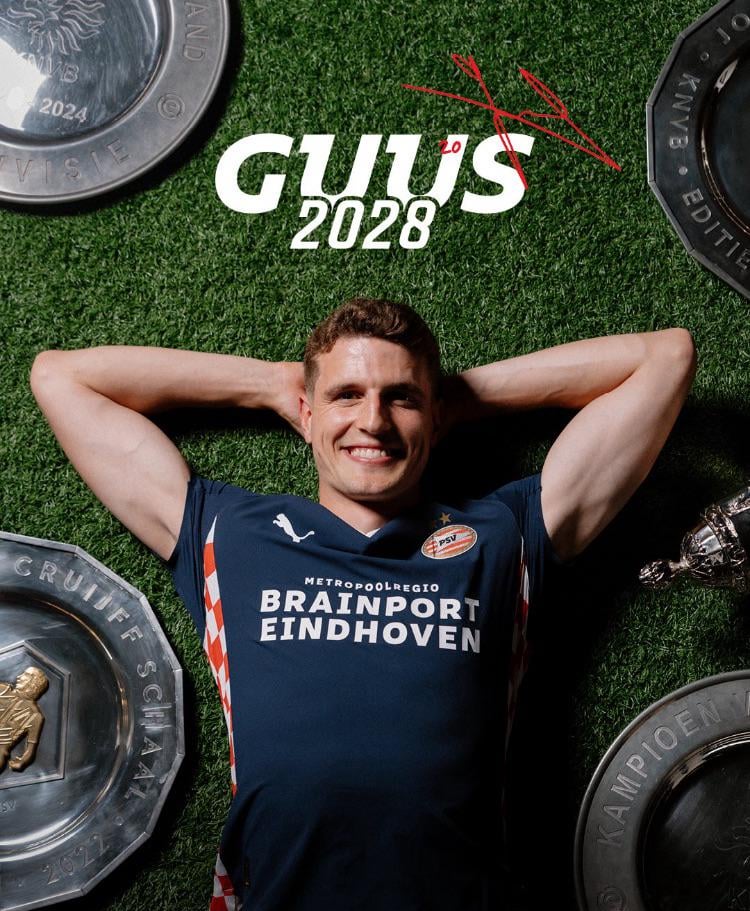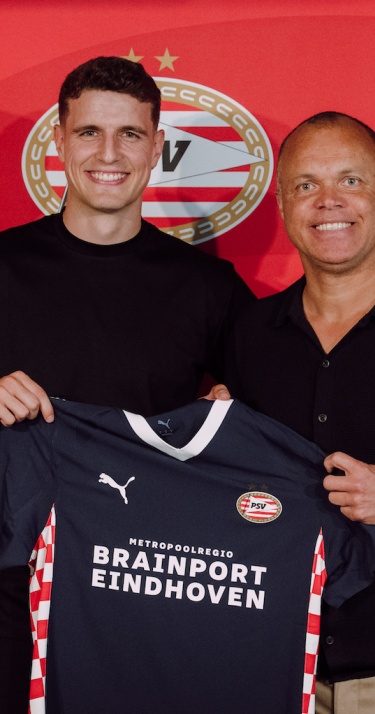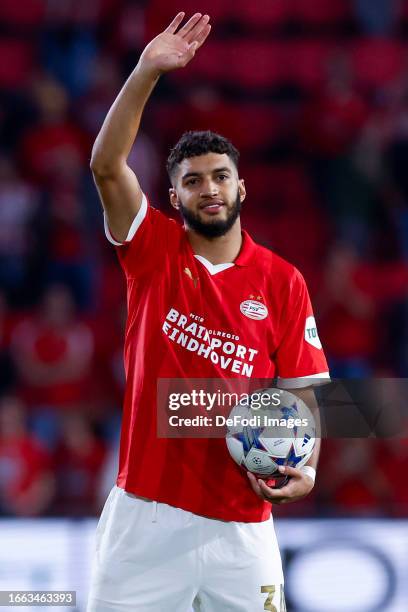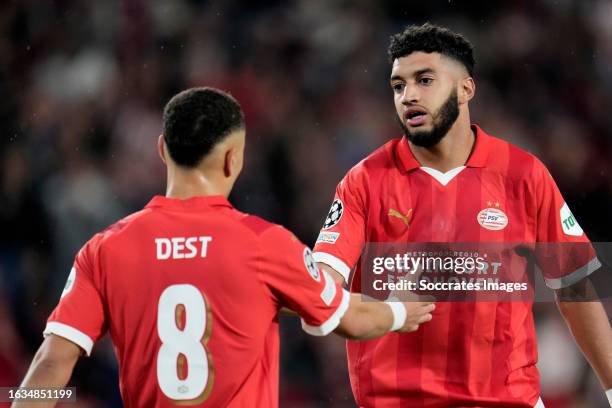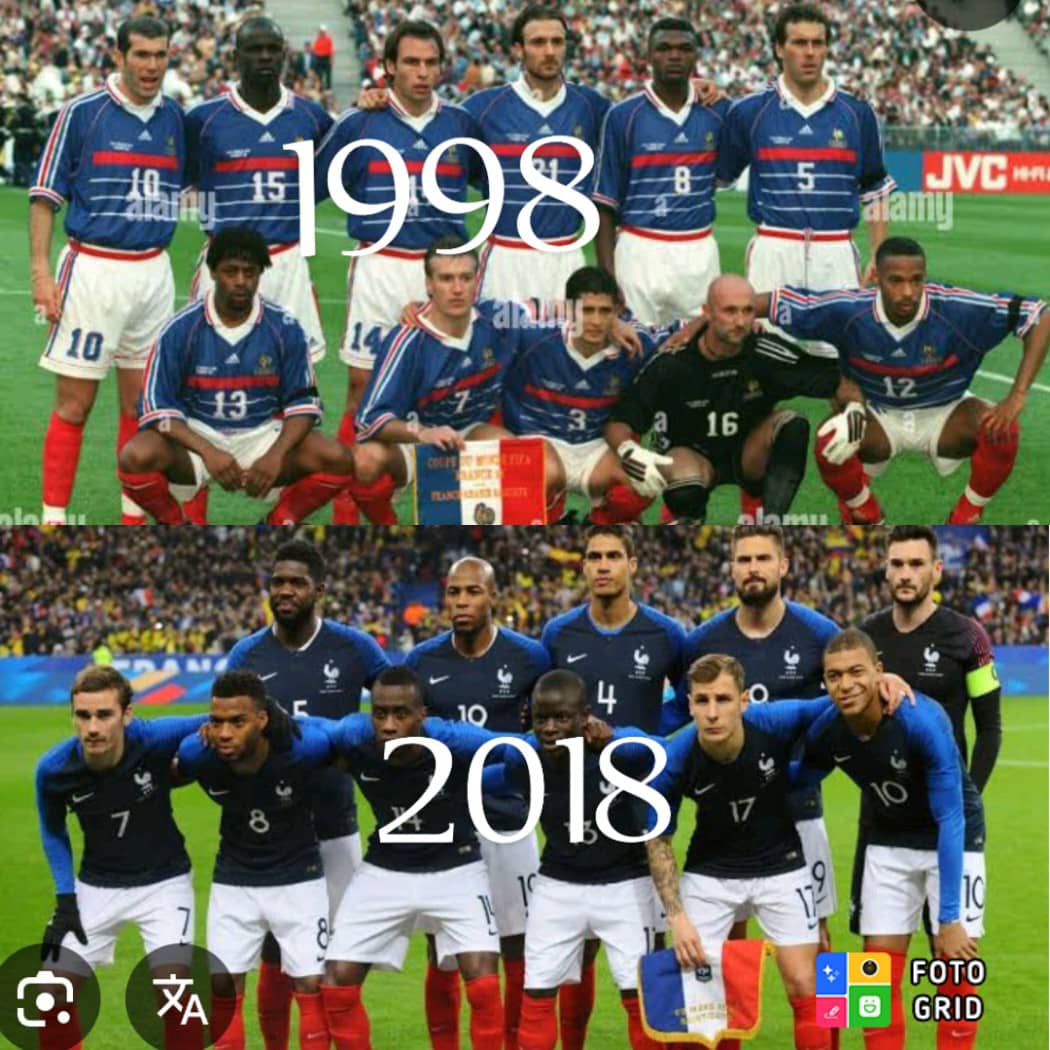
In the rich tapestry of global football, few nations have experienced glory quite like France. Twice, they climbed to the highest peak of the sport—first in 1998, and again in 2018. Both victories were monumental, yet distinct in style, strategy, and symbolism. These triumphs were not just victories for a nation; they were statements to the world about the evolution of football, the depth of French talent, and the enduring legacy of Les Bleus. But which of these legendary squads truly wore the crown of world football?
To answer that, we must journey through time—dissecting tactics, celebrating heroes, and understanding the unique magic each generation brought to the world stage.
The Golden Trailblazers: France 1998
The 1998 World Cup was more than a football tournament—it was a cultural phenomenon in France. Played on home soil, expectations were sky-high. Under the pragmatic leadership of Aimé Jacquet, France assembled a team that was tactically disciplined, mentally resilient, and symbolically united. It wasn’t just about winning; it was about redefining French football.
Key Players
Zinedine Zidane – The heartbeat of the team, Zidane’s creativity and vision in midfield were unmatched. His two headers in the final against Brazil sealed his place in football folklore.
Didier Deschamps – The tireless captain and midfield anchor, Deschamps provided balance and leadership.
Laurent Blanc & Marcel Desailly – A defensive duo that blended intelligence with physicality.
Fabien Barthez – The eccentric yet brilliant goalkeeper who provided confidence from the back.
Tactical Identity
Jacquet’s France was built on a solid defensive foundation, conceding only two goals throughout the tournament. The midfield, while not overly flamboyant, controlled tempo and broke down opposition play with precision. Zidane added the flair, while players like Emmanuel Petit and Youri Djorkaeff added tactical versatility.
Symbolic Legacy
The 1998 victory was about more than just football. It represented a multicultural France, united under a common flag. It was a moment of national cohesion, pride, and rebirth in global football after decades of frustration. France didn’t just win the trophy—they transformed their footballing identity.
The Modern Marvels: France 2018
Fast forward twenty years. Football had changed, and so had France. Now managed by Didier Deschamps—the same captain who lifted the trophy in 1998—the 2018 squad was young, electric, and dynamic. The team embraced modern tactics: quick transitions, versatile formations, and an attacking mindset grounded in defensive discipline.
Key Players
Kylian Mbappé – At just 19, he dazzled the world with blistering pace, fearless finishing, and maturity beyond his years.
Antoine Griezmann – The creative hub, Griezmann was both playmaker and goal-scorer.
Paul Pogba & N’Golo Kanté – A midfield duo that blended power, flair, and work ethic.
Raphaël Varane – A composed and commanding presence in defense.
Tactical Brilliance
Deschamps adopted a pragmatic yet flexible approach. He knew how to absorb pressure and strike with lethal counterattacks. France could adapt mid-match, shifting from a compact 4-3-3 to a free-flowing 4-2-3-1. This tactical versatility allowed them to overcome footballing giants like Argentina, Uruguay, Belgium, and Croatia.
A Generation of Champions
If 1998 was about unity and identity, 2018 was about dominance and depth. Every position was covered by world-class talent, with even bench players capable of changing a match. This team didn’t just win—they imposed their will on opponents.
Head-to-Head: Comparing the Two Dynasties
The Intangibles: Pressure, Context, and Adversity
1998: Playing at home meant enormous pressure. France had never won the World Cup, and expectations were crushing. Their victory over a star-studded Brazil, featuring Ronaldo, Rivaldo, and Cafu, added weight to their achievement.
2018: France faced a more tactically complex field. Beating Lionel Messi’s Argentina, a tough Uruguay side, Belgium’s golden generation, and an ambitious Croatian team required adaptability and endurance.
Each team faced different kinds of adversity—one emotional and symbolic, the other strategic and competitive.
Verdict: Who Wore the Crown?
There is no definitive answer—and perhaps that’s the beauty of the debate. The 1998 team broke the curse and gave France its first World Cup, becoming national heroes and global icons. They laid the foundation, showing what was possible.
The 2018 squad, on the other hand, represented the future. They were faster, more athletic, more tactically sophisticated. They showed that France wasn’t just a great footballing nation—it was now a global powerhouse capable of sustained success.
Perhaps the real crown belongs to the legacy they built together. Without the triumph of 1998, the brilliance of 2018 might never have flourished. Two teams, two eras, one dynasty. Together, they proved that Les Bleus are not just champions of the world—but champions of history.



